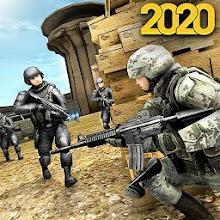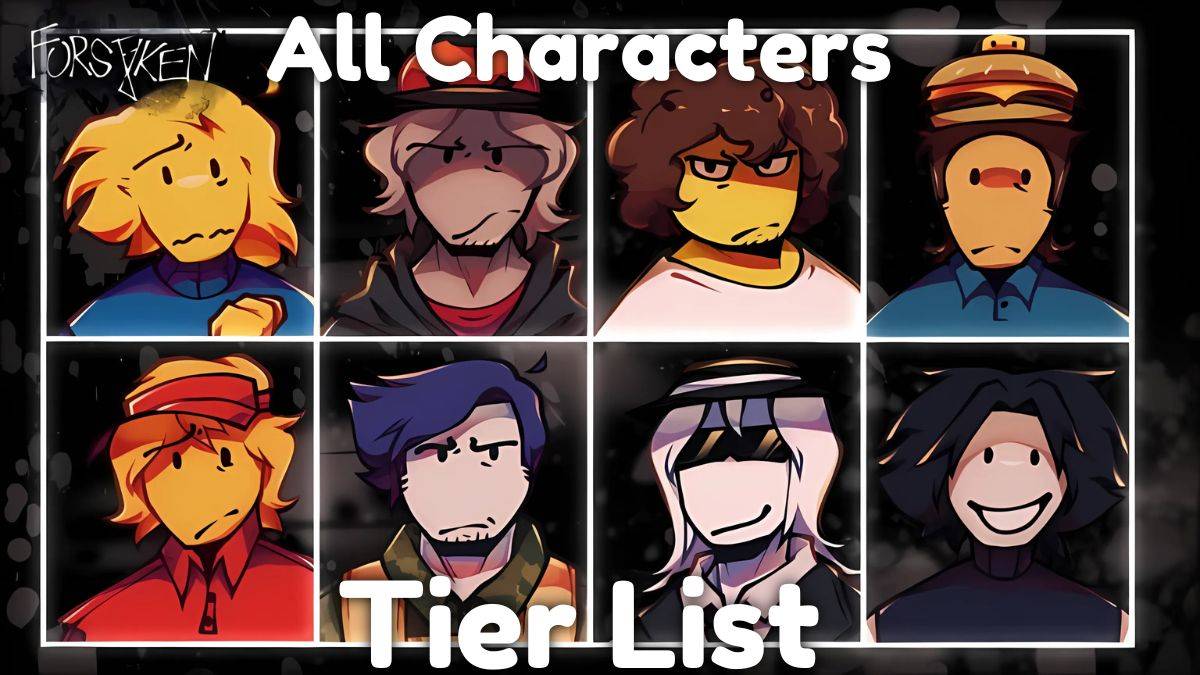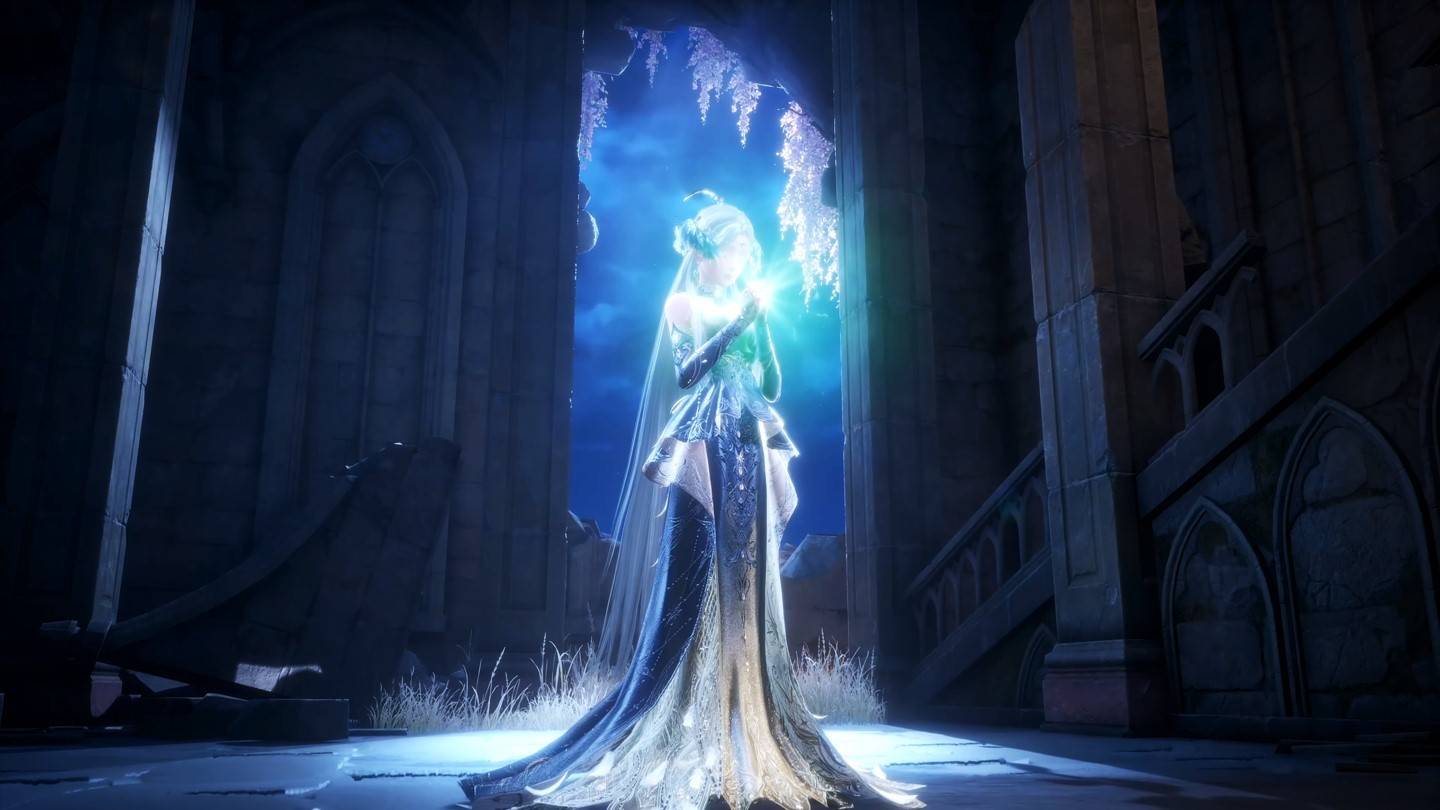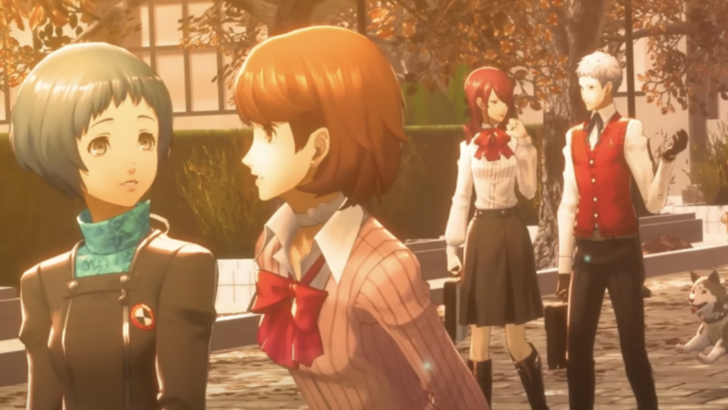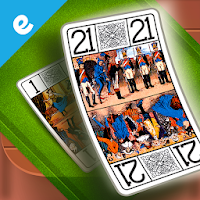Exploration Of Judicial Systems Detailed in Kingdom Come: Deliverance 2
Crime in Kingdom Come: Deliverance 2 is a significant gameplay mechanic, drastically altering NPC interactions. Actions like theft, trespassing, or assault can lead to severe repercussions. This guide details the crime and punishment system.
Recommended Videos Related: Exploring All Pre-Order Bonuses & Editions for Kingdom Come: Deliverance 2
Understanding Crimes in Kingdom Come: Deliverance 2
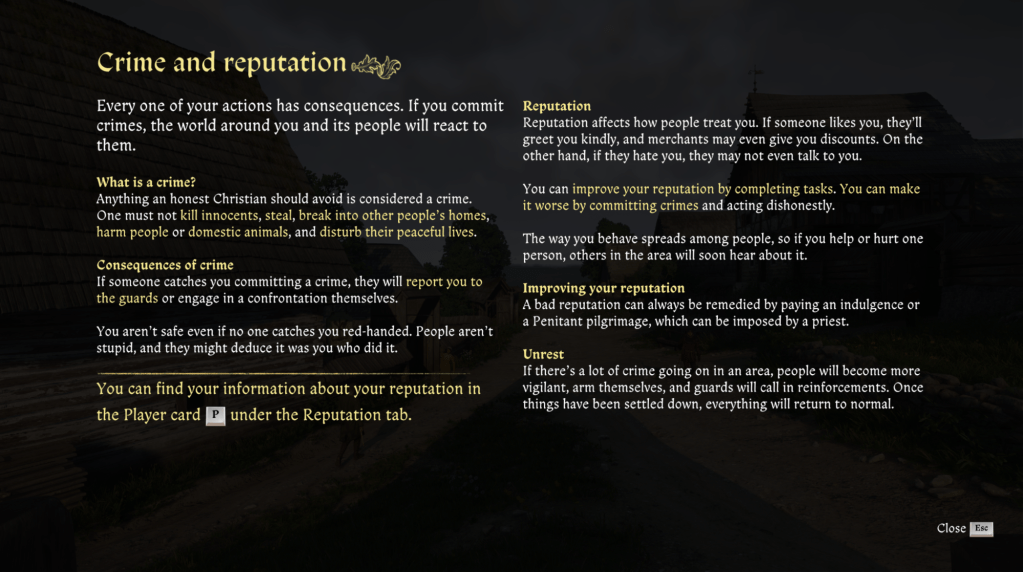
Crimes include:
- Murder: Killing innocent NPCs.
- Theft: Stealing from residences, shops, or unconscious individuals.
- Lockpicking: Illegally accessing buildings or containers.
- Pickpocketing: Directly stealing from people.
- Assault: Attacking civilians or guards.
- Animal Cruelty: Harming domestic animals.
- Trespassing: Unauthorized entry into private property.
- Disrupting Order: Causing disturbances in towns.
Consequences of Apprehension
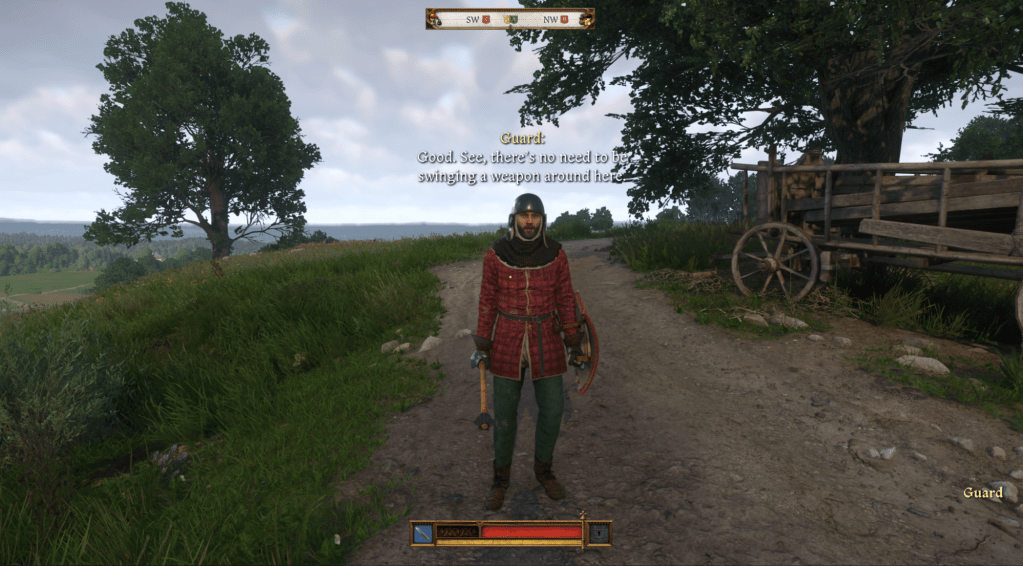
- Paying a Fine: The cost varies based on the crime's severity.
- Talking Your Way Out: High Speech/Charisma skills can sometimes secure release, particularly for minor offenses.
- Fleeing: Escaping temporarily grants wanted status, requiring disguise or bribery upon return.
- Accepting Punishment: This results in penalties determined by the crime committed.
Punishment System in Kingdom Come: Deliverance 2
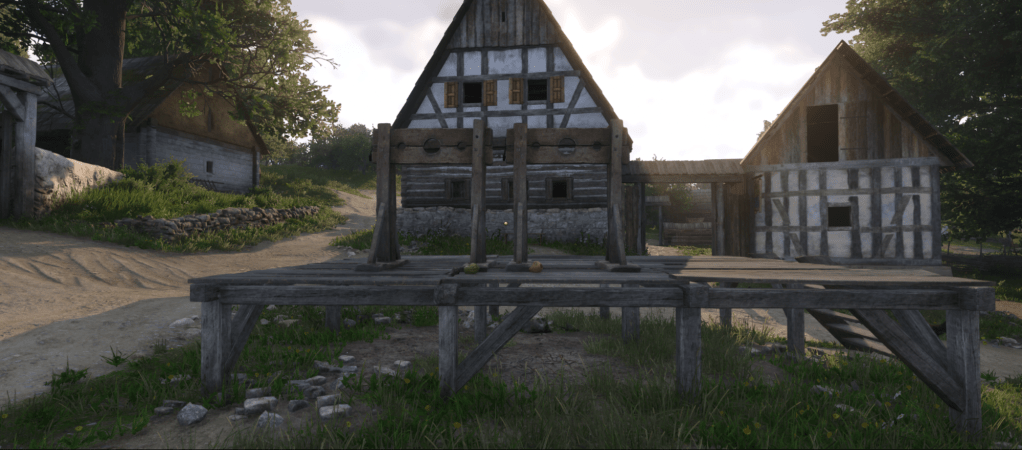
- Pillory (Public Humiliation): Short-term confinement for minor offenses like trespassing. Damages reputation.
- Caning (Physical Punishment): Public beating for mid-level crimes (e.g., assault, theft). Reduces health and stamina.
- Branding (Permanent Criminal Status): A permanent mark for serious or repeated offenses. NPCs treat you as a criminal, impacting trade and interactions.
- Execution (Game Over): The ultimate penalty for severe crimes, often multiple murders.
Reputation and its Impact
Reputation significantly affects NPC interactions. Crimes lower reputation in individual towns and factions, impacting dialogue, quests, and trade. Improving reputation requires community contributions (favors, donations, fine payments). This system shares similarities with Red Dead Redemption 2's Honor system.
Avoiding Apprehension
While the crime system offers roleplaying opportunities, careful planning is crucial. Strategies for avoiding capture include:
- Eliminating Witnesses: Assess surroundings before committing crimes. Disguise changes can help.
- Nighttime Operations: Darkness provides cover.
- Strategic Item Disposal: Sell stolen goods to fences or black market dealers, away from the crime scene.
This comprehensive guide explains the intricate crime and punishment mechanics within Kingdom Come: Deliverance 2.
Latest Articles









